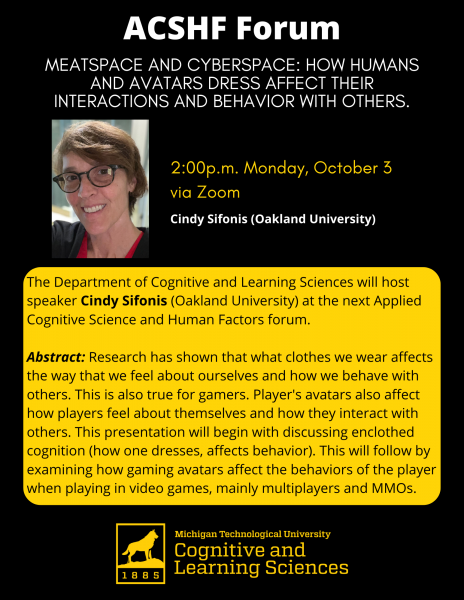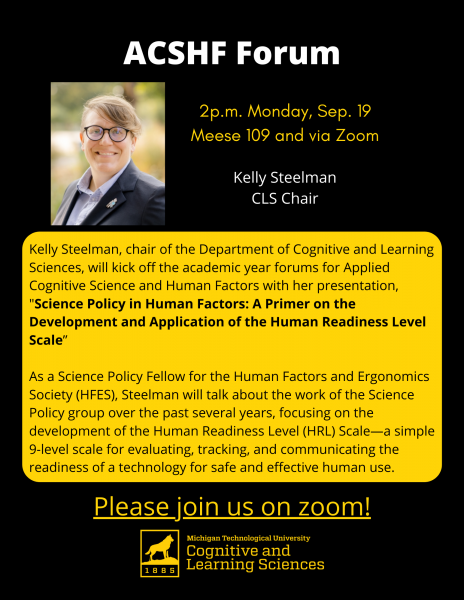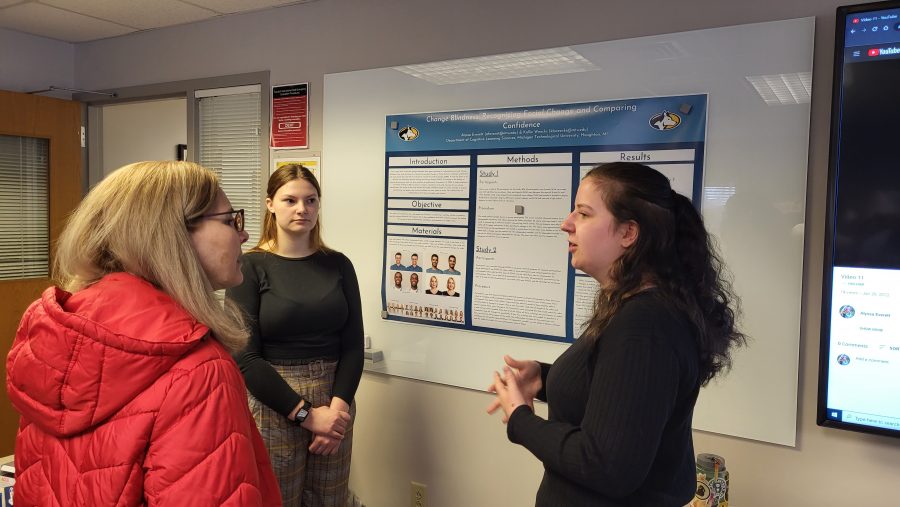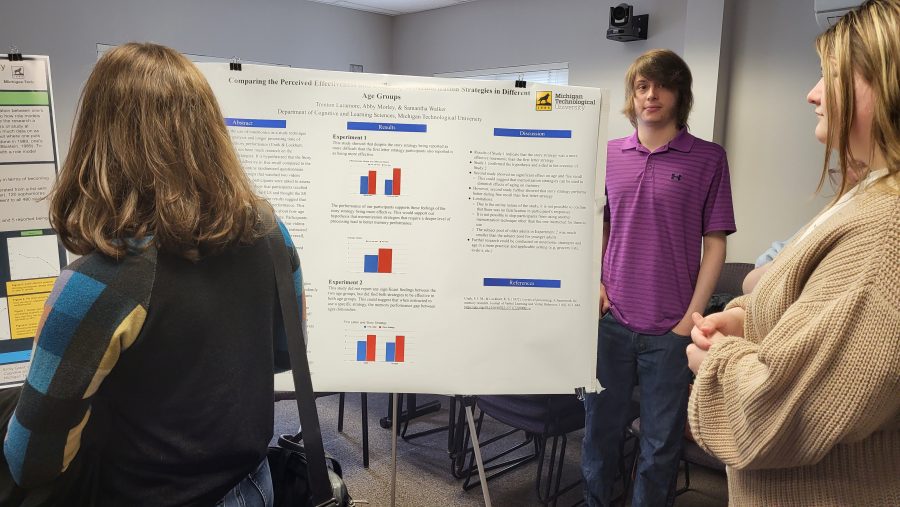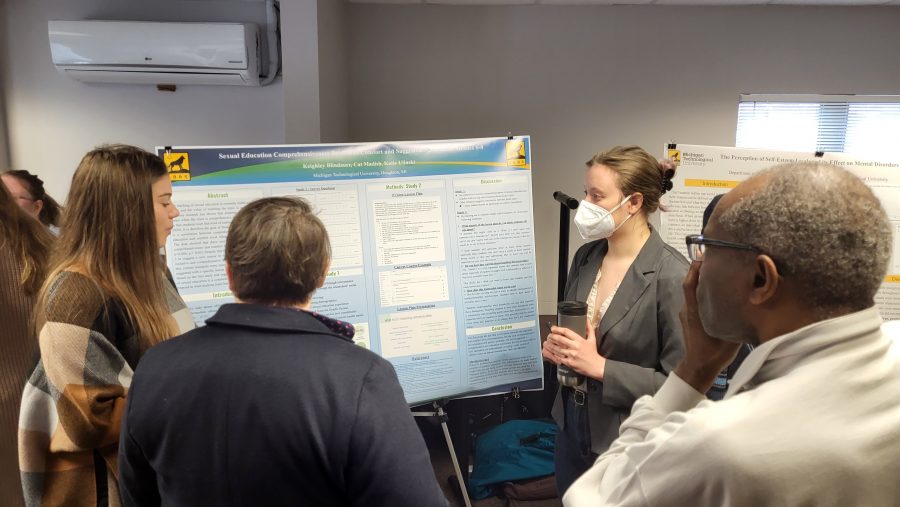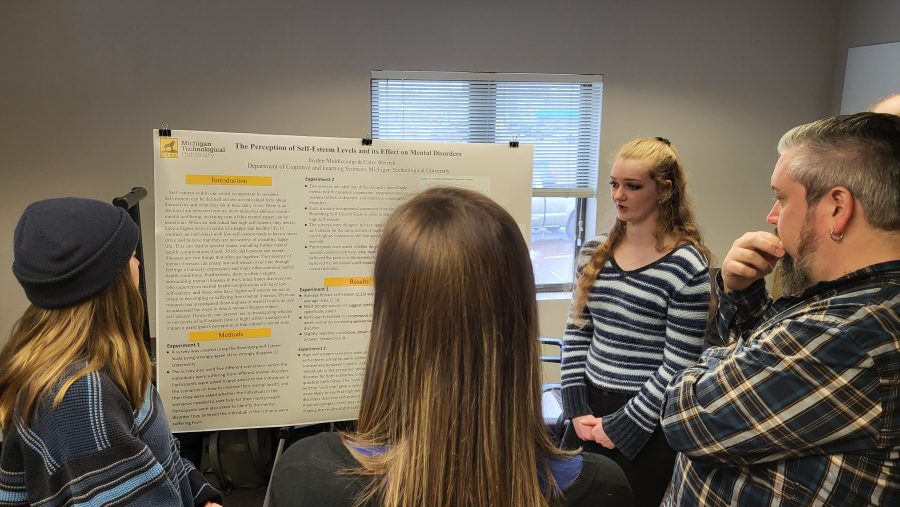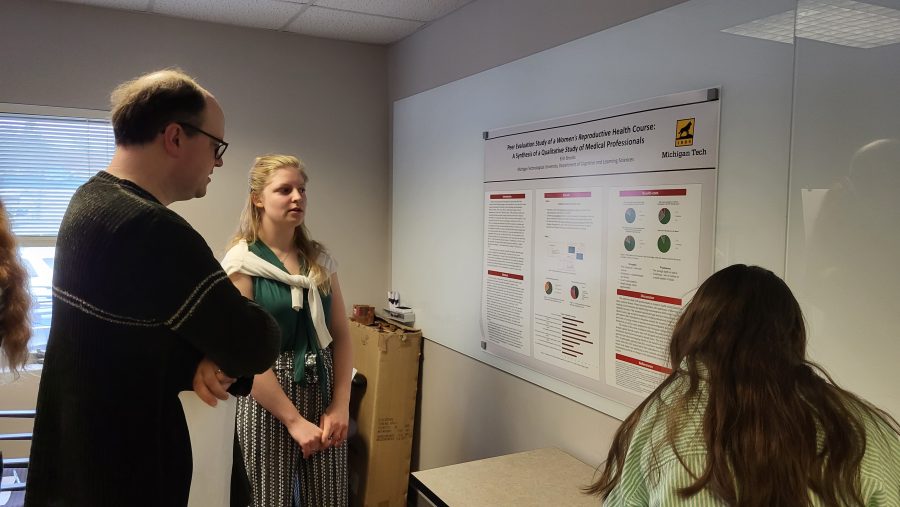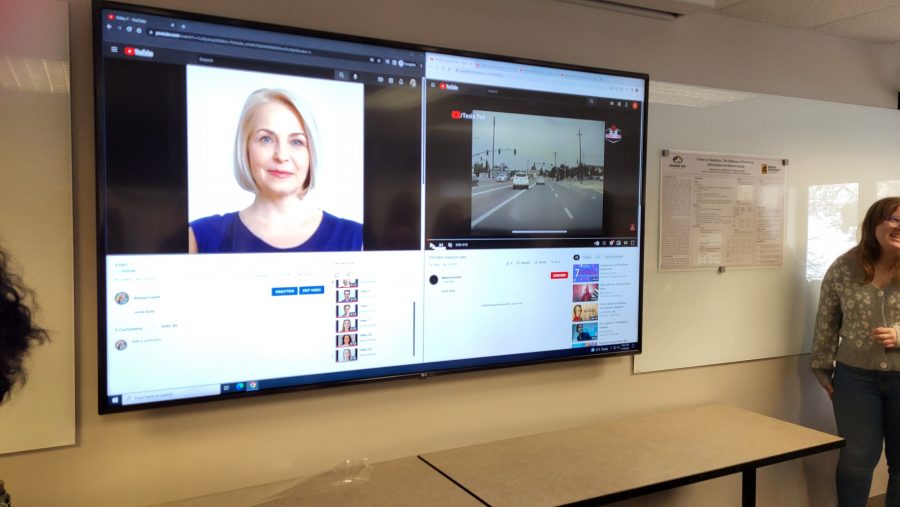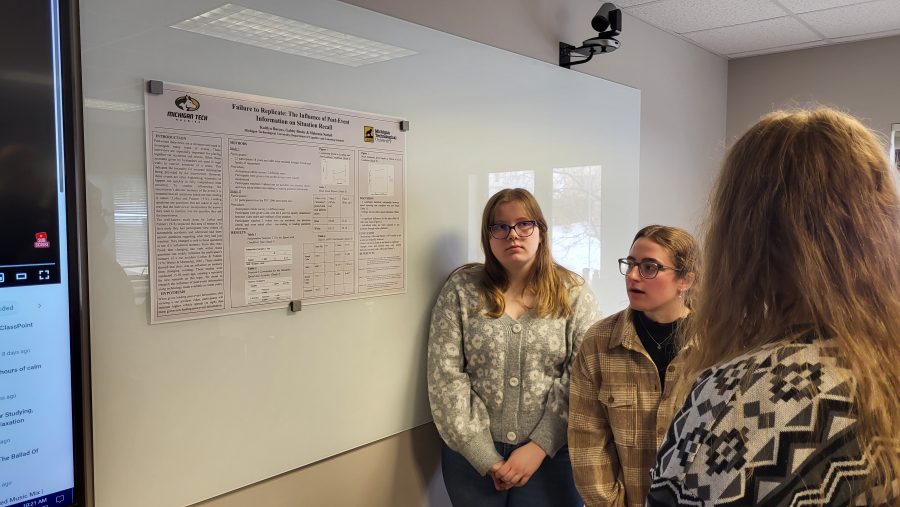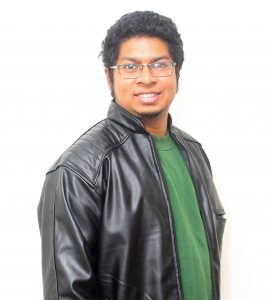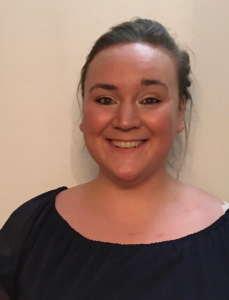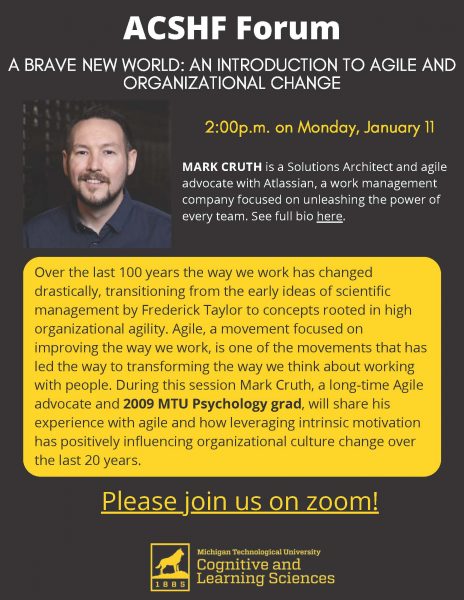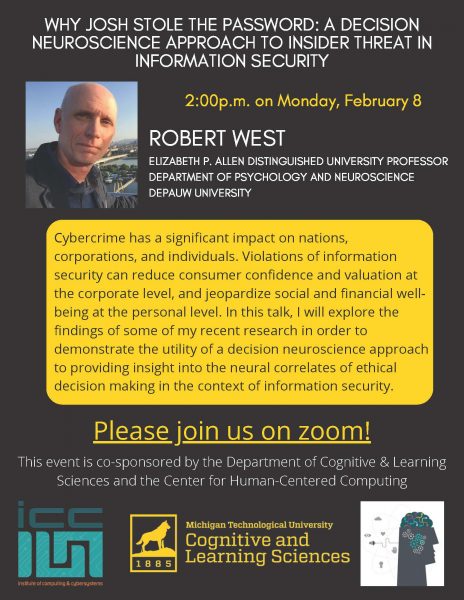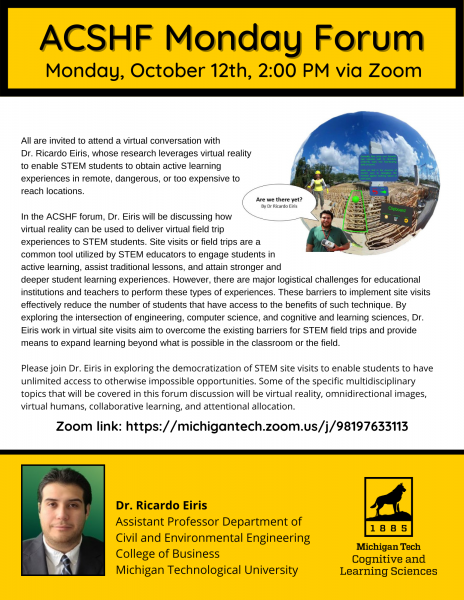The Michigan Tech Graduate School has announced that ACSHF MS student Tim Raymond is the recipient of a King-Chávez-Parks (KCP) Future Faculty Fellowship for academic year 2022-2023. Tim explains how he first became interested in teaching through his involvement in martial arts classes in his early teens. His passion grew from there and he continues to pursue and define his knowledge of teaching through education and real-world experiences.
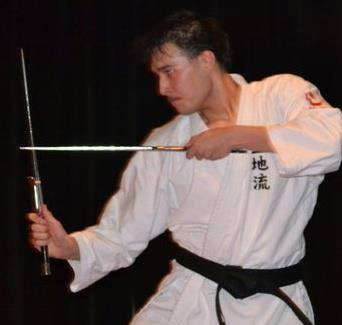
Ever since my early teen years I have been involved in teaching. At 13 years of age I was leading martial arts classes for even younger students. Although the techniques were still quite rudimentary, I found a passion within teaching that has continued to evolve. My teacher as he taught me had enough insight into how much I enjoyed teaching that he began to teach me how to teach. Instead of just throwing concepts or techniques at me, he made sure I understood them all at a deeper level with the intention I continue teaching them.
I can’t say that academia has always been a major concern for me. Due to unforeseeable reasons, I dropped out of high school when I was 17 years old to help out with the family business. I never thought I would return to a school setting but after many bumps in the road, I eventually found my way back.
The most amazing part about being an educator or at least aspiring to be one is that we are continuously humbled every day through our interactions with colleagues and people above us. These interactions can lead us to new and unique paths that we would have never imagined. My time here at MTU has brought me to psychology and eventually grad school where under my current advisor, Elizabeth Veinott, I have recently been exposed to research regarding the railroad industry.
While on this new journey through academia I have been able to find ways to combine the knowledge I am receiving from Michigan Tech with my knowledge of the ‘real-world’ and I endeavor daily to become an educator that teaches not just the concepts or ideas but how we can use them within industry and alongside our daily lives.
